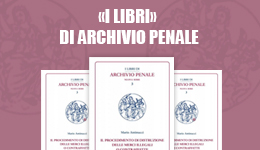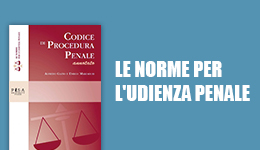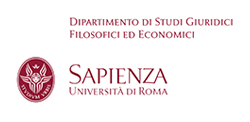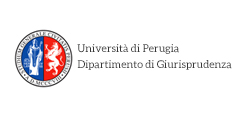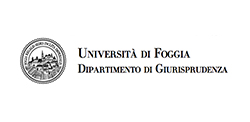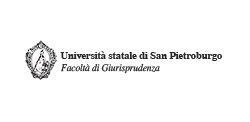Indagine coatte possono includere l’interrogatorio dell’indagato: parola delle Sezioni Unite
Archivio Penale
© dell'autore 2022
Ricevuto: 12 May 2022
| Accettato: 26 May 2022
| Pubblicato: 31 May 2022
L’intero articolo è disponibile
Riassunto
Le sezioni unite toccano un punto delicato dei rapporti tra P.M. e G.i.p., quando il primo chiede al secondo di essere esonerato ad esercitare l’azione penale (art. 112 Cost.) e il giudice, invece, gli ordina di incrementare il repertorio delle indagini preliminari (riordinate in applicazione del canone di completezza), concentrandosi sull’interrogatorio dell’indagato, che non ha solo scopo difensivo ma pure cognitivo. Dottrina e giurisprudenza sono divisi sugli esatti confini delle indagini coatte (art. 409 co. 4 c.p.p.): ma, queste non possono essere genericamente disposte “per temi” e l’intervento del G.i.p. deve avere il significato dell’autentico controllo (sul mancato esercizio dell’azione penale, obbligatoria).
Forced investigation may include interrogation of the suspect: word of the United Sections
The joined sections touch a delicate point of the relations between P.M. and G.i.p., when the first asks the second to be exempt from prosecuting (Article 112 of the Constitution) and the judge, on the other hand, orders him to increase the repertoire of preliminary investigations (rearranged in application of the completeness canon), focusing on the interrogation of the suspect, which has not only a defensive purpose but also a cognitive one. Doctrine and jurisprudence are divided on the exact boundaries of the so-called Forced investigations (Article 409 paragraph 4 of the Criminal Code): but, these cannot be generically arranged "by topic" and the intervention of the G.i.p. it must have the meaning of authentic control (on the non-exercise of the mandatory criminal action).
Percorso di valutazione
Peer reviewed. Certificazione della qualità


